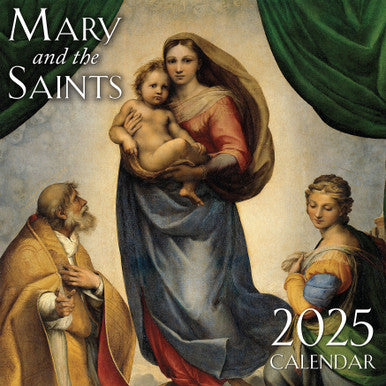Saint Stephen, venerated as the Protomartyr of Christianity, holds a singular place in the history of the Church. His steadfast faith, profound witness, and martyrdom embody the essence of true discipleship in Christ. For Catholics, Stephen’s life is an inspiring testament to the transformative power of the Holy Spirit and the call to bear witness to the Gospel, even unto death.
Stephen’s Role in the Early Church
Stephen was one of the first seven deacons chosen by the Apostles to assist in the growing community of believers in Jerusalem (Acts 6:1-6). These deacons were entrusted with the ministry of service, ensuring equitable distribution of food and care, particularly for the widows and the marginalized. Yet, Stephen was not only a servant of charity; he was also a man of deep faith and eloquence. Scripture describes him as “a man full of faith and the Holy Spirit” (Acts 6:5) and later as one “full of grace and power” who performed “great wonders and signs among the people” (Acts 6:8).
His Witness to the Faith
Stephen’s zeal for the Gospel and his fearless proclamation of Christ as the fulfillment of the Law and the Prophets brought him into conflict with the Jewish authorities. His opponents, unable to counter his wisdom and the Spirit with which he spoke, resorted to false accusations, charging him with blasphemy against Moses and God. Stephen’s defense before the Sanhedrin is one of the most profound moments in the Acts of the Apostles (Acts 7). It is not merely a defense of his actions but a sweeping narrative of salvation history, demonstrating how God’s plan culminates in Jesus Christ. Stephen boldly accused the council of resisting the Holy Spirit and betraying and murdering the Righteous One, a courageous indictment that sealed his fate.
The Martyrdom of Stephen
Stephen’s death by stoning (Acts 7:54-60) was a moment of both human tragedy and divine triumph. As stones rained down upon him, Stephen lifted his eyes to heaven and beheld the glory of God and Jesus standing at the right hand of the Father. His final words, “Lord Jesus, receive my spirit” and “Lord, do not hold this sin against them,” echo the sentiments of Christ on the cross, highlighting his Christlike forgiveness and surrender.
This act of supreme witness is the origin of the term “martyr,” derived from the Greek word for “witness.” Stephen’s death marked the beginning of a wave of persecution against the early Church, but his martyrdom also served as a catalyst for the spread of the Gospel. Notably, among those who witnessed and approved of his execution was Saul of Tarsus, later to become Saint Paul, whose conversion would profoundly shape the Church’s mission.
Stephen’s Legacy in Catholic Tradition
For Catholics, Stephen’s martyrdom is a powerful reminder of the cost of discipleship and the rewards of unwavering faith. His feast day, celebrated on December 26th, the day after Christmas, underscores the profound connection between Christ’s birth and the sacrificial love that His followers are called to emulate. Stephen’s life and death exemplify the Beatitudes, particularly “Blessed are those who are persecuted for righteousness’ sake, for theirs is the kingdom of heaven” (Matthew 5:10).
Stephen is also a model of forgiveness and trust in God. His prayer for his persecutors inspires believers to transcend human limitations and extend love and mercy even in the face of grave injustice. Additionally, his vision of Christ in glory reminds Catholics of the promise of eternal life and the assurance that Jesus stands as an advocate for His faithful.
Saint Stephen’s story resonates deeply with the Catholic understanding of faith, sacrifice, and divine grace. He is not merely a figure of the past but a perennial witness to the power of God’s love and the call to live courageously for the Gospel. As Catholics reflect on his life, they are encouraged to seek the same fervor for Christ, to serve others with humility, and to embrace the path of holiness, no matter the cost. Saint Stephen, pray for us.
[resources: saint calendars]
